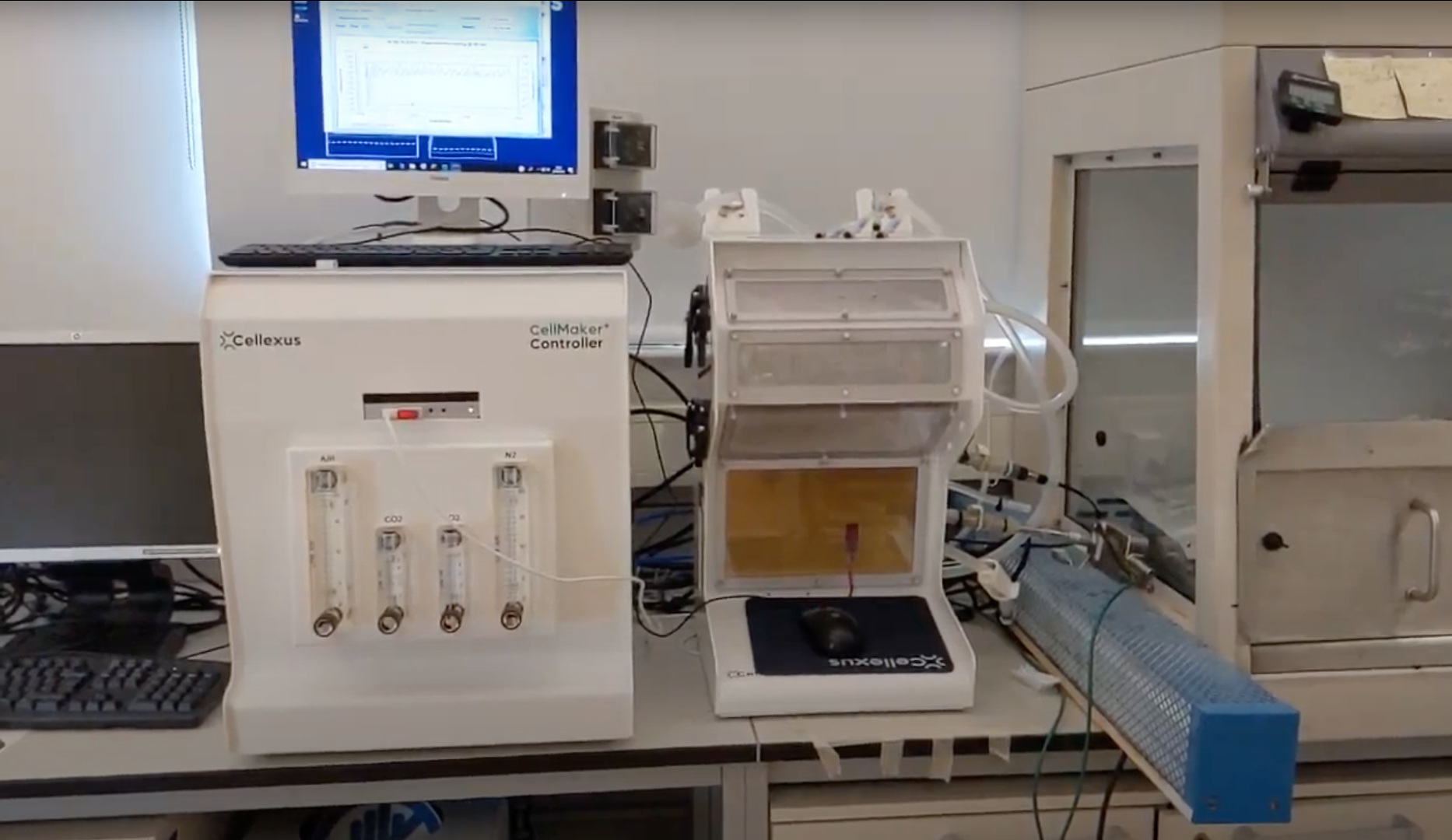Optimising light wavelengths in algal bioreactors
With funding from IBioIC, researchers from St Andrews and Xanthella Ltd have undertaken a feasibility project to improve the production of industrial feedstocks by microalgae under solar illumination.
Microbial production of hydroquinone from waste feedstocks
IBioIC funded a joint project between Victrex and Joanna Sadler and Stephen Wallace from the University of Edinburgh to explore alternative, more sustainable routes for the production of Hydroquinine, ideally from renewable or waste feedstocks, to contribute to their goal of carbon neutrality by 2030.
Enamel matrix protein formulation for tooth repair
IBioIC awarded over £8.5k through our Spin Out Fund to Bioenamel to produce human proteins in yeast and test them on surfaces that mimicked damaged teeth.
Enhancing the purity of speciality seaweed products
Marine Biopolymers (MBL) is a Scottish SME whose focus is on extracting high value components from brown seaweeds for use in a range of applications such as food and pharmaceuticals, but also in different industrial application areas, where the use of natural polymers is growing fast.
Overcoming barriers to sustainable production
Scottish biotechnology company ScotBio has developed an environmentally-friendly way of boosting the production and stability of the natural blue pigment phycocyanin, opening the door to access new global markets.
Accelerating scale up of the ABUNDA® bioprocess
As ENOUGH (formerly 3fBio) move mycoprotein production from their scale up facility in Glasgow to full scale production in the Netherlands, they wanted to design a suite of early diagnosis tests to determine when a batch of product is growing sub-optimally in the hope that issues can be mitigated and avoid reductions in the amount or quality of product.
Extending the analytical capability of affordable Microbioreactors
ŌGI Bio Ltd wanted to explore the feasibility of utilising the University of Edinburgh’s state of the art in-line dilution technology to extend the valid range of OD measurements for their microbioreactors.
Evaluation of Fish Waste as a Novel Feedstock for the Bio-production of Adipic Acid in Escherichia Coli
Turning low value fish waste into high value molecules using biotechnology.
Sustainable Substrate
Revive Eco develop green technologies to produce high value products from waste. Their initial focus is on waste coffee grounds from which they extract several high value chemicals and consumer products.
Using a Single Use Airlift Bioreactor to produce recombinant monoclonal antibodies (mABs) in mammalian cells.
This Feasibility project sought to obtain data on whether and how the CellMaker aids the growth of mammalian cells for use in the production of medicines, therapeutics and research reagents.
Antimicrobial nanocellulosic matrices and coatings
Waste root vegetables could help stop microbes growing on medical implants.
Analytical techniques for fungal morphology and nutrient feed composition in a food application
Improving the process for making sustainable meat alternatives at scale.
Commercial Chitosan Conversion
Trialling techniques to assess the chemical properties of chitosan extracted through a novel process.
Innovative spoilage test for microbrewers
IBioIC project funding enabled The Antibody Company to develop a novel test that has the potential to substantially reduce spoilage issues for microbrewers.
Manufacture of Mycelium Construction Products from Waste Material
Using organic waste as a nutrient source to grow fungal mycelium for use as insulation blocks for the construction industry.
Using microbes to produce supplements for animal feed
New technology may help reduce carbon emissions for the agriculture and aquaculture industries.
A Feasibility Study on an Anaerobic Digester (AD) Plant Installation in Orkney
Strathendrick Biogas Ltd have established the feasibility of an Anaerobic Digestor plant on Orkney to process local waste and deliver heat, power and gas to residents.

















